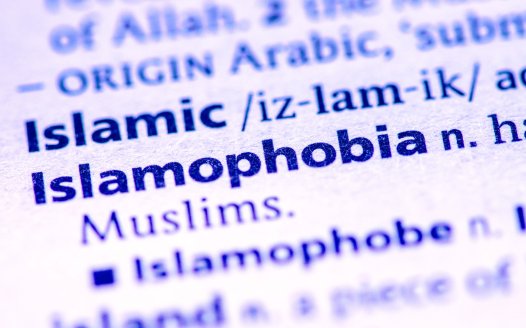UN rights body votes in favour of banning Quran burnings
Posted: Thu, 13th Jul 2023
The National Secular Society has warned a United Nations resolution to ban the burning of religious texts could be detrimental to human rights.
Members of the UN Human Rights Council (HRC) today voted in favour of a resolution for the "deliberately and publicly" burning of the Quran or "any other holy book" to be prohibited by law.
The UK voted against the resolution. In a statement yesterday, the Foreign, Commonwealth and Development Office said: "we do not accept that, by definition, attacks on religion, including on religious texts or symbols, constitute advocacy for hatred".
Other states opposed to the motion included France, Germany and the USA, but they were outvoted 28 to 12.
The resolution follows a high profile incident in Sweden last month, when Iraqi refugee Salwan Momika burned a Quran outside a mosque in Stockholm. Momika is an atheist formerly from Iraq's persecuted minority Christian community.
The resolution was introduced by Pakistan on behalf of the Organisation of Islamic Cooperation (OIC), which has long supported efforts to curtail 'blasphemous' speech.
The OIC is an intergovernmental organisation of 57 states and claims to be the "collective voice of the Muslim world". Although it stopped explicitly campaigning for a global blasphemy law in 2011, it has repeatedly spearheaded attempts to install "backdoor" blasphemy laws. The NSS warned the UN of the OIC's attempts to use 'hate speech' laws to restrict free expression last year.
The resolution passed was amended to include the explicit provision that burning the Quran and other holy books should be banned. The original resolution did not include this statement.
Allegations of Quran desecration are regularly used in Islamic theocracies to persecute members of minority communities. Last year, a 65-year old member of Pakistan's Ahmadi Muslim community was arrested after being accused of destroying an anti-Ahmadi propaganda poster that had verses from the Quran on it, according to the International Human Rights Commission. Ahmadi Muslims face widespread oppression and discrimination at the hands of the Pakistan state.
During the debate on OIC's resolution, the UK's representative to the UN Simon Manley said some members of the OIC have "not shown the same willingness to debate a certain other largescale, and in this case, state-sponsored manifestation of religious intolerance affecting a significant Muslim community."
He added: "In combatting religious intolerance, we must always be mindful that other rights must also be respected.
"The exercise of the right to freedom of expression is not unlimited. But it is something we hold dear, and which can only be limited under very clear, narrowly defined parameters under international human rights law."
UNHRC resolutions are not legally binding, but can be used to pressure states to change their laws.
NSS: OIC "more interested in protecting religion than protecting individuals"
NSS chief executive Stephen Evans said: "Equating the desecration of religious books and symbols with incitement to violence is a pernicious attempt to impose blasphemy laws by stealth. The Islamic nations behind this resolution have long been more interested in protecting religion than protecting individuals.
"Speech and expression must be viewed in context. Crude attempts to impose blanket prohibitions clearly risk capturing and silencing legitimate expression and dissent.
"Democratic societies must find ways to combat intolerance and hatred without further restricting freedom of expression to meet increasing sensitivities of certain religious groups."








